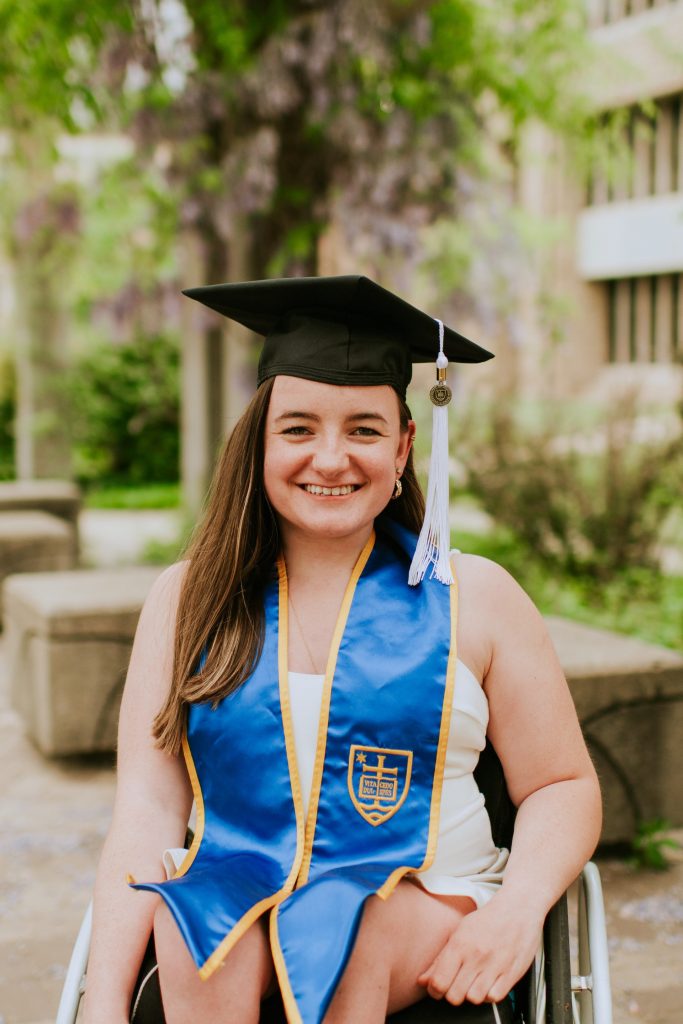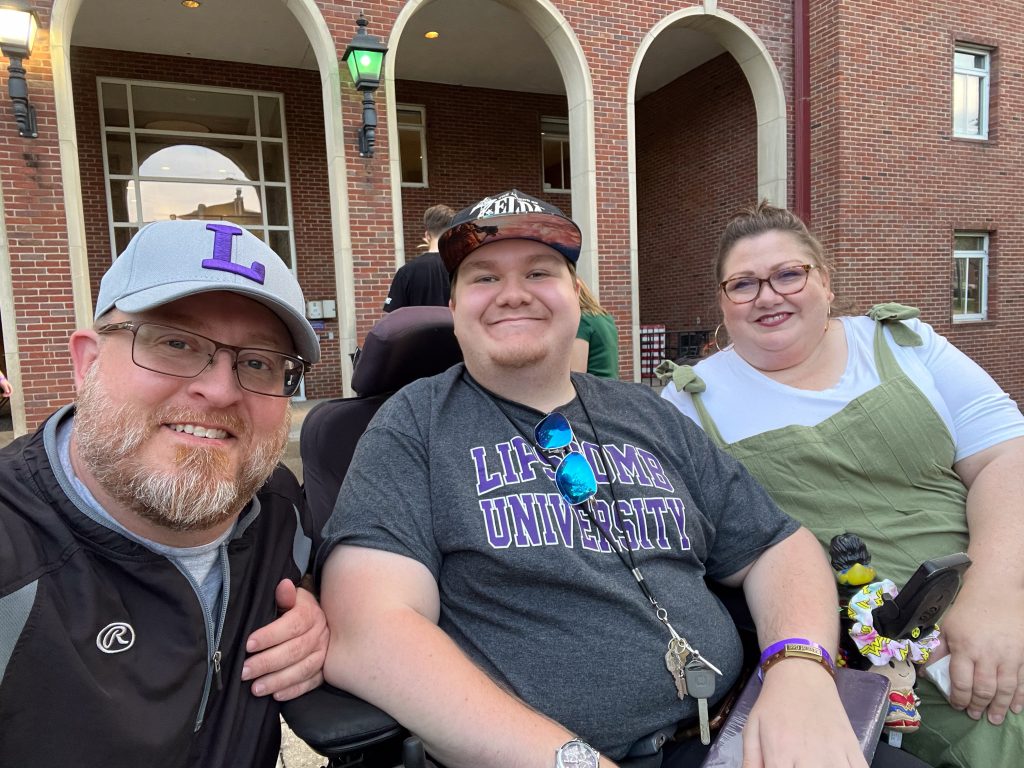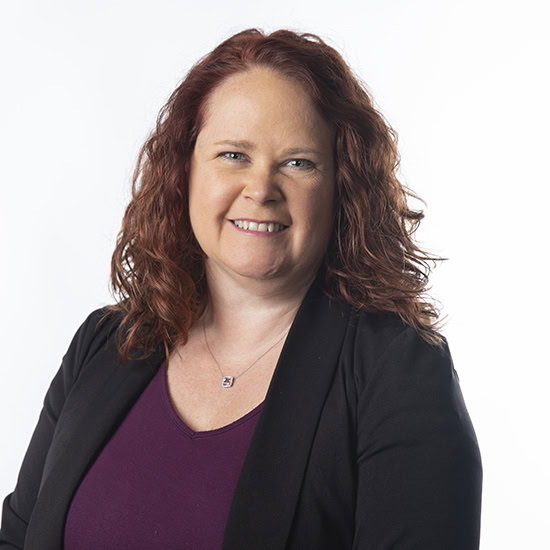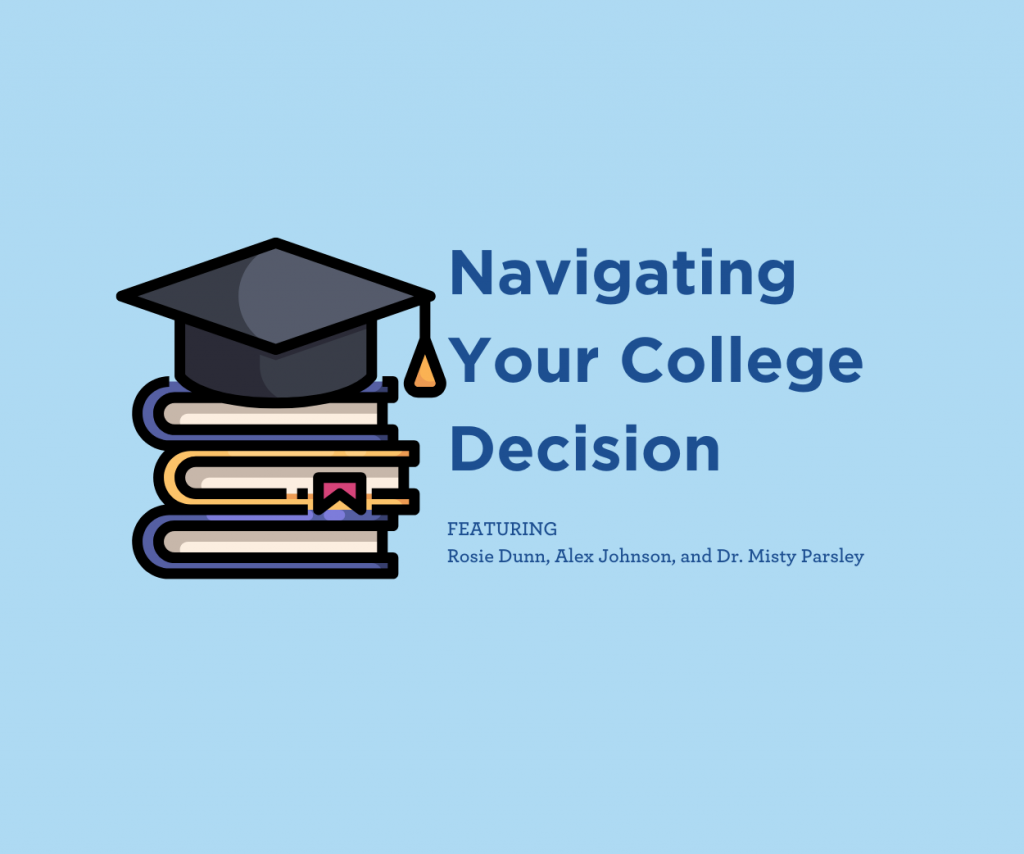Tips to Make Your First Year Easier
Advice from students and college administrators to help make the transition to college a little easier for CRT users
At most colleges and universities, the fall semester is in full swing. For first-year students, though, it can take a little time to acclimate to this new season of life and learn to navigate new schedules, expectations, relationships and more.
But for students who use complex rehabilitation technology (CRT) equipment, it’s best to be a little proactive when making that adjustment to your new home away from home. Here are a few tips from students Rosie Dunn and Alex Johnson and Dr. Misty Parsley, executive director of the Office of Accessibility and Learning Support at Lipscomb University, to help make that transition a little easier.



1. Don’t procrastinate when it comes to accommodations.
Once you’ve made your college decision, go ahead and get the accommodations process started for accessible housing, parking and other modifications or services you may need. This process might require documentation, so getting an early start can ease stress levels later on. Rosie advises asking for a list of needed documentation early on so you can share it with your doctor, insurance provider, therapists or others. If you have meetings or calls to discuss your accommodation needs, take notes and be sure to send or ask for a follow-up summary of these discussions so everyone is on the same page.
2. Get to know the housing staff.
“Make sure your dorm director and residence hall staff know you,” Alex says. “Make sure they know about your situation and your needs and don’t be afraid to ask about any accommodations you might need in your room.”
It’s advice Dr. Parsley echoes. “If you live on campus, check in with the housing staff so you know what the plan is for emergencies,” she says. “Every campus should have some type of emergency plan and if a student needs extra help during an emergency, we need to make sure it’s specifically written into the plan.”
3. Develop a relationship with the disability services office.
“Sometimes, students who use wheelchairs don’t register with our office because as long as the elevators and the buttons to open doors work, they can get around,” Dr. Parsley says. Even if you don’t think you need additional accommodations, the faculty and staff in your school’s disability services office can be a great resource to help you have the best college experience possible.
“I want to know who’s on our campus, so that if something happens, like a broken elevator, I can have a backup plan and know which students I need to reach out to,” Dr. Parsley says. “Some students may not need accommodations, but it’s important to us to know who they are and to have already developed a relationship if at some point they do need something.”
4. Communicate proactively with professors and college staff.
Getting to know your professors is an important first step for all first-year students, Alex says. “Introduce yourself to your professors so you can get to know them, and they can get to know you,” he says. “That’s generally good advice for anyone because your professors can help you do your best in college.”
That’s important advice for many reasons, Alex says, but one of the biggest is that you become more than a face in the crowd. If professors, instructors and faculty members know you, your interests and your desire to do well in your classes, they will likely be more willing to help you if issues arise. Also take the extra step to talk to them about any accommodations or needs you might have that will help you do your best work in class.
Rosie agrees and advises students to email professors if you’re going to miss class for any reason, but especially if it’s an accessibility issue. “Just give the professors a heads up,” she says. “If the sidewalk hadn’t been cleared from my dorm, I would email my professors and let them know I wasn’t coming because I wasn’t going to risk getting stuck.”
If accessible entrances are blocked or equipment isn’t working as it should, notify the disability services office or reach out to dorm or facilities staff to report the problem so it can be fixed.
5. Recognize that everyone is a little nervous.
College is full of new experiences, from living away from home for the first time to learning to manage your own schedule. It’s OK to feel nervous or overwhelmed at times.
“Even if you’re really excited about college like I was, you’re going to feel overwhelmed and homesick at times,” Rosie says. “Realize that everyone is a little nervous and worrying about their own things, too.”
“One of my biggest worries was about getting integrated and making good connections with people on campus,” Alex admits. “But now I’m a part of a bunch of extended friend groups, and I have good, close friends I hang out with regularly. I don’t really know why I was so concerned about that. I’m enjoying my time at college.”
It’s also important to have a plan for wheelchair repairs, especially if your college or university isn’t close to home. Make sure to schedule a visit to your hometown branch for a tune-up before you head to campus, but also take the time to locate and meet the team at a branch near your college or university. Need help finding an NSM branch? Use our branch locator.
Related Articles
Tips to Make Your First Year Easier
Advice from students and college administrators to help make the transition to college a little easier for CRT users At most colleges and universities, the…
A Breath of Fresh Air
Navigating the Transition from High School to College for Wheelchair Users and Their Parents Just a few weeks into his freshman year of college, Alex…
Navigating Your College Decision
Tips to help CRT users make informed decisions about where they go to college There’s a lot to consider when making your college decision, especially…


